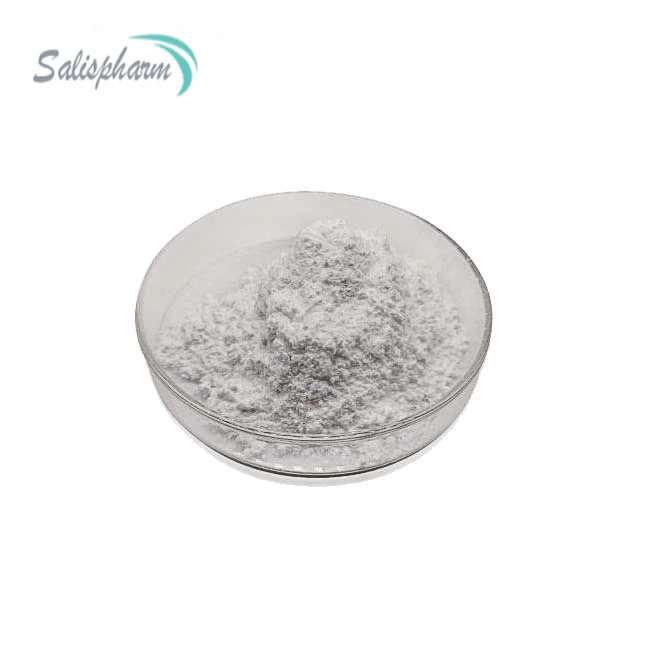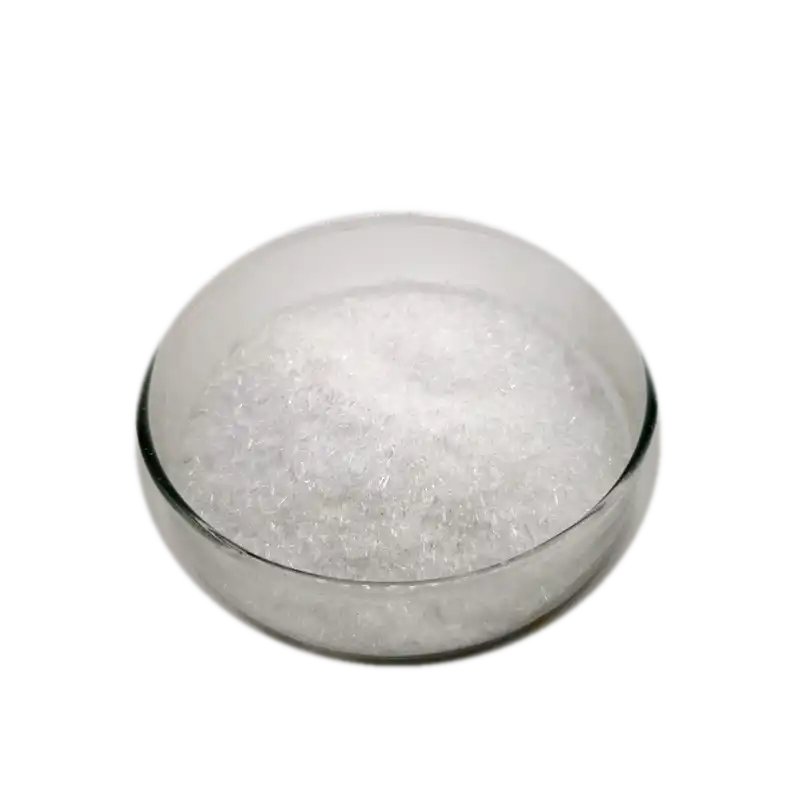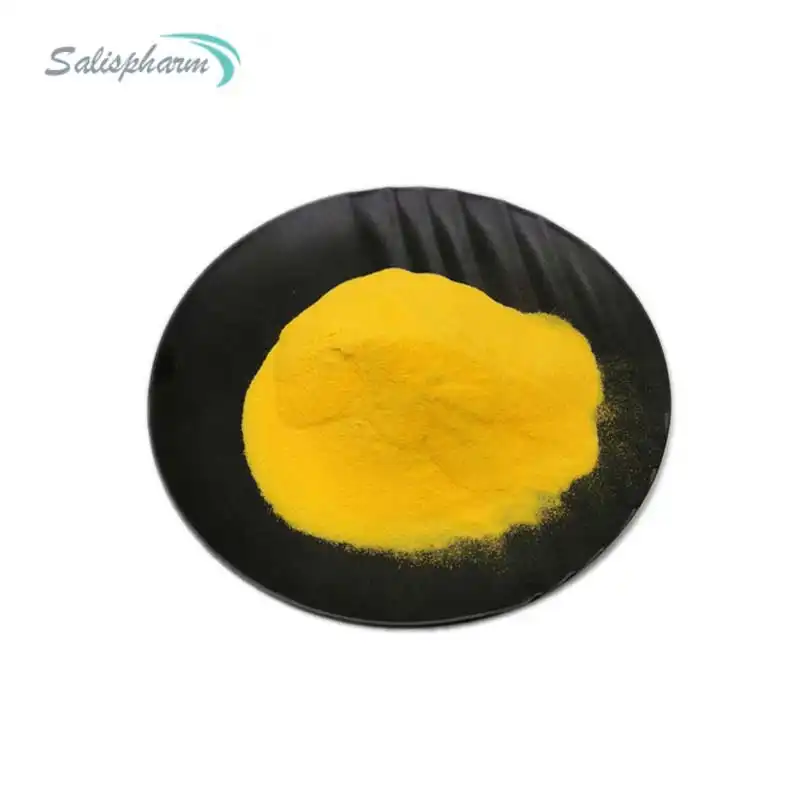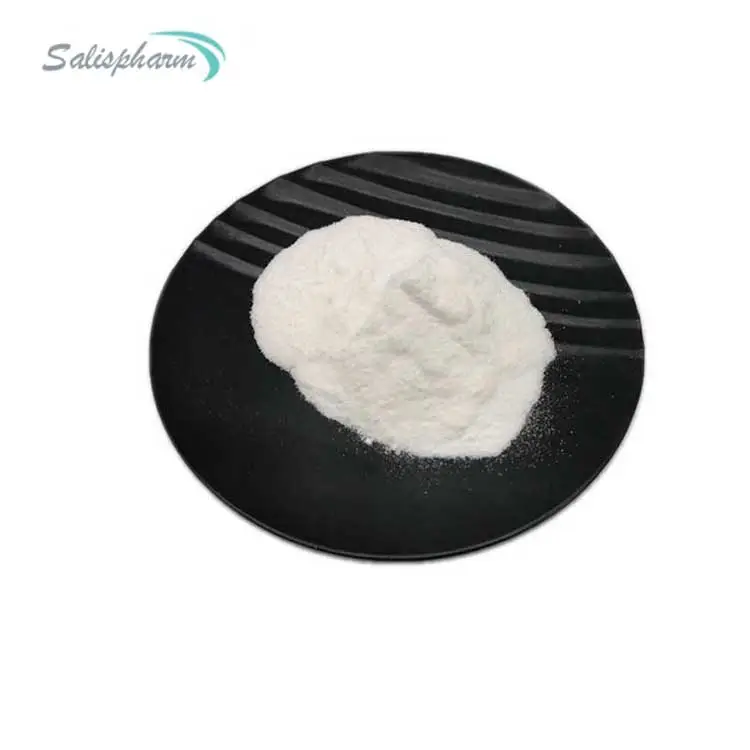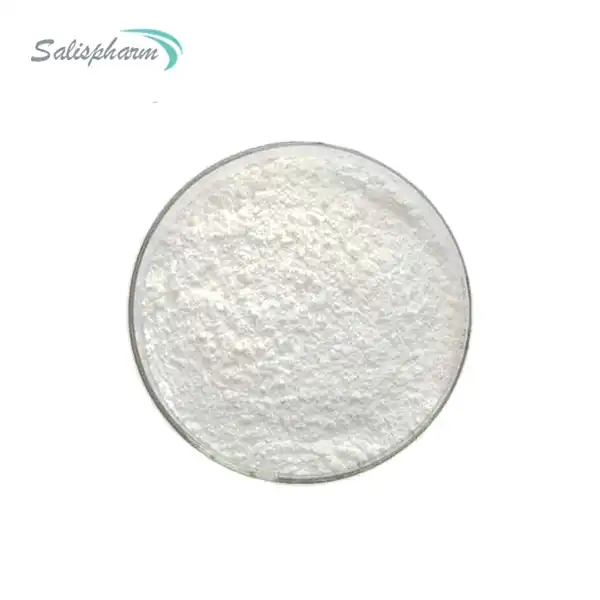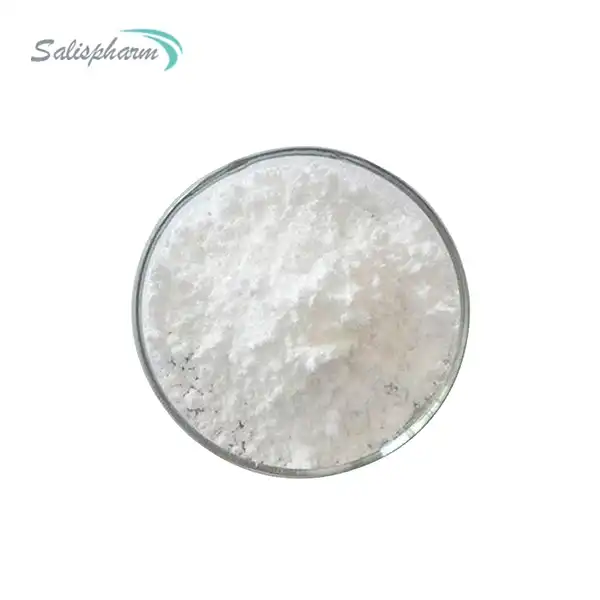Ginger and ibuprofen are two very different substances, but they share a common use – pain relief. Ibuprofen is a widely used over-the-counter medication that belongs to the class of non-steroidal anti-inflammatory drugs (NSAIDs), while ginger is a natural spice that has been used for centuries in traditional medicine for its anti-inflammatory and analgesic properties. The question of whether ginger powder is better than ibuprofen powder is a complex one, and the answer depends on various factors, including the type of pain, the severity of the condition, and individual preferences.
What are the benefits of ginger powder over ibuprofen powder?
Ginger powder offers several potential benefits over ibuprofen powder. Firstly, it is a natural substance derived from the ginger plant, which means it is generally considered safer and has fewer side effects than synthetic medications like ibuprofen. While ibuprofen can cause gastrointestinal issues, kidney problems, and an increased risk of heart attacks and strokes with long-term use, ginger is generally well-tolerated by most people.
Additionally, ginger has anti-inflammatory properties that can help reduce swelling and pain associated with conditions like arthritis, menstrual cramps, and muscle soreness. It contains compounds such as gingerol and shogaol, which have been shown to inhibit the production of inflammatory molecules in the body.
Furthermore, ginger powder may offer additional benefits beyond pain relief. It has been studied for its potential to improve digestion, reduce nausea, and lower blood sugar levels. Some research also suggests that ginger may have antioxidant and anti-cancer properties, although more studies are needed to confirm these effects.
However, it's important to note that the effectiveness of ginger powder may vary from person to person, and it may not be as potent as ibuprofen for severe or acute pain. Additionally, ginger can interact with certain medications, so it's essential to consult with a healthcare professional before incorporating it into your routine.
Can ginger powder be used as a natural alternative to ibuprofen?
While ginger powder may not be as potent as Ibuprofen Powder for severe or acute pain, it can be considered a natural alternative for mild to moderate pain and inflammation. Many people prefer to use natural remedies like ginger powder to avoid the potential side effects associated with long-term use of over-the-counter or prescription medications.
Several studies have investigated the efficacy of ginger powder in managing various types of pain. For example, a review published in the Journal of Pain Relief found that ginger was effective in reducing pain and disability in patients with osteoarthritis and rheumatoid arthritis. Another study published in the Journal of Alternative and Complementary Medicine suggested that ginger powder may be as effective as ibuprofen for relieving menstrual pain.
It's important to note that the dosage and method of administration can affect the efficacy of ginger powder. Most studies have used standardized ginger extracts or powders in doses ranging from 500 mg to 2 g per day. However, the optimal dosage may vary depending on the condition being treated and individual factors.
While ginger powder is generally considered safe for most people, it's essential to consult with a healthcare professional before using it as an alternative to ibuprofen or other medications, especially if you have underlying health conditions or are taking other medications.
Is it safe to take ginger powder instead of ibuprofen for pain relief?
The safety of taking ginger powder instead of ibuprofen for pain relief depends on several factors, including the individual's health status, the severity of the condition, and the dosage and duration of use.
Ginger powder is generally considered safe for most people when consumed in moderate amounts. However, like any supplement or herb, it can cause side effects in some individuals, particularly if taken in large doses or for an extended period.
Common side effects of ginger powder may include heartburn, diarrhea, and mouth irritation. In rare cases, it can cause more severe reactions, such as allergic reactions or interactions with certain medications.
On the other hand, Ibuprofen Powder is associated with a higher risk of side effects, particularly with long-term use. These side effects can include gastrointestinal issues like stomach ulcers and bleeding, kidney problems, and an increased risk of heart attack and stroke.
For mild to moderate pain or inflammation, such as menstrual cramps, muscle soreness, or mild arthritis, ginger powder may be a safer alternative to ibuprofen, especially for short-term use. However, for severe or acute pain, ibuprofen may be more effective, and the benefits may outweigh the potential risks.
It's crucial to consult with a healthcare professional before substituting ginger powder for ibuprofen or other medications, especially if you have underlying health conditions or are taking other medications. They can evaluate your individual situation and provide guidance on the appropriate dosage and duration of use for ginger powder or recommend other treatment options.
Additionally, it's essential to follow the recommended dosages and instructions for both ginger powder and ibuprofen to minimize the risk of side effects and ensure safe and effective use.
Conclusion
While ginger powder and ibuprofen powder serve similar purposes in terms of pain relief and reducing inflammation, they have distinct characteristics and potential risks and benefits. Ginger powder may offer a natural alternative for mild to moderate pain and inflammation, with fewer side effects compared to ibuprofen, particularly with long-term use. However, ibuprofen may be more effective for severe or acute pain.
The decision to use ginger powder instead of ibuprofen should be made in consultation with a healthcare professional, considering individual health status, the severity of the condition, and potential interactions with other medications. It's essential to follow recommended dosages and instructions for both substances to ensure safe and effective use.
If you are also interested in this product and want to know more product details, or want to know about other related products, please feel free to contact iceyqiang@gmail.com.
References:
1. Mashhadi, N. S., Ghiasvand, R., Askari, G., Hariri, M., Darvishi, L., & Mofid, M. R. (2013). Anti-oxidative and anti-inflammatory effects of ginger in health and physical activity: review of current evidence. International Journal of Preventive Medicine, 4(Suppl 1), S36–S42.
2. Vaughan, C. P., Gorlitz, B. D., & Gee, L. E. (2013). Ginger and its potential use in the treatment of pain and inflammation. Pain Management, 3(5), 365–375.
3. Grzanna, R., Lindmark, L., & Frondoza, C. G. (2005). Ginger--an herbal medicinal product with broad anti-inflammatory actions. Journal of Medicinal Food, 8(2), 125–132.
4. Haghighi, M., Khalvat, A., Toliat, T., & Jallaei, S. (2005). Comparing the effects of ginger (Zingiber officinale) extract and ibuprofen on patients with osteoarthritis. Archives of Iranian Medicine, 8(4), 267–271.
5. Ozgoli, G., Goli, M., & Moattar, F. (2009). Comparison of effects of ginger, mefenamic acid, and ibuprofen on pain in women with primary dysmenorrhea. The Journal of Alternative and Complementary Medicine, 15(2), 129–132.
6. Grzanna, R., Packer, L., & Krueger, J. (2007). Anti-inflammatory activity of natural compounds from ginger. Phytotherapy Research, 21(2), 115–122.
7. White, B. (2007). Ginger: an overview. American Family Physician, 75(11), 1689–1691.
8. Srivastava, K. C., Mustafa, T., & Ahmad Khan, H. (1992). Ginger (Zingiber officinale) in rheumatism and musculoskeletal disorders. Medical Hypotheses, 39(4), 342–348.
9. Altman, R. D., & Marcussen, K. C. (2001). Effects of a ginger extract on knee pain in patients with osteoarthritis. Arthritis & Rheumatism, 44(11), 2531–2538.

